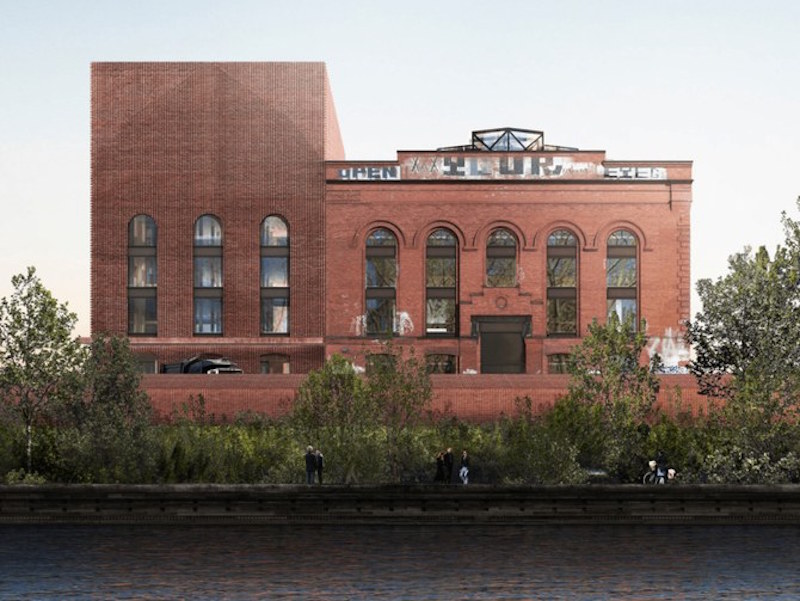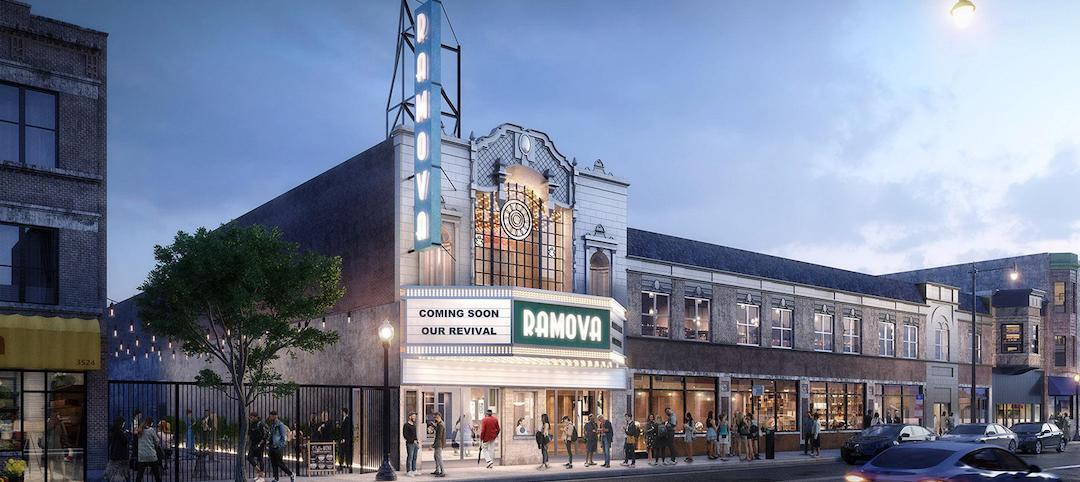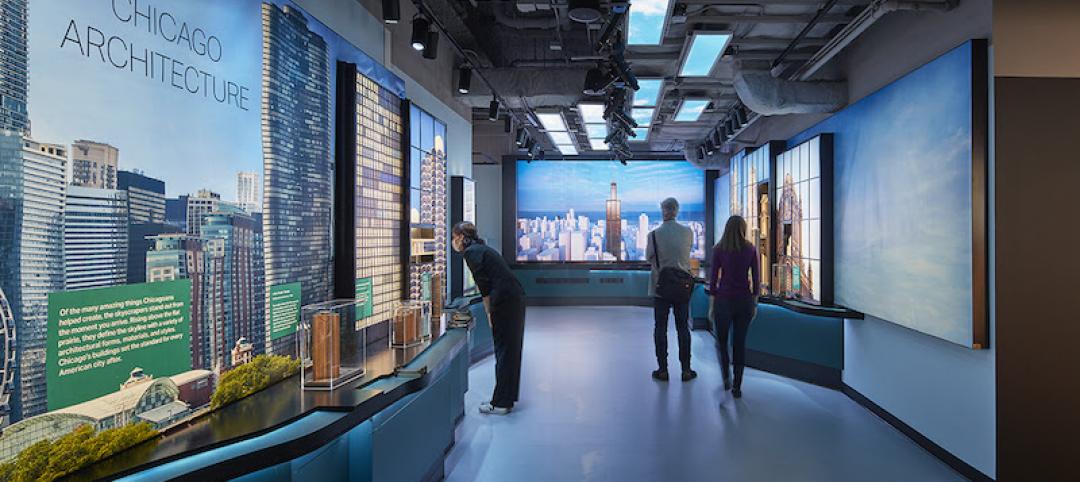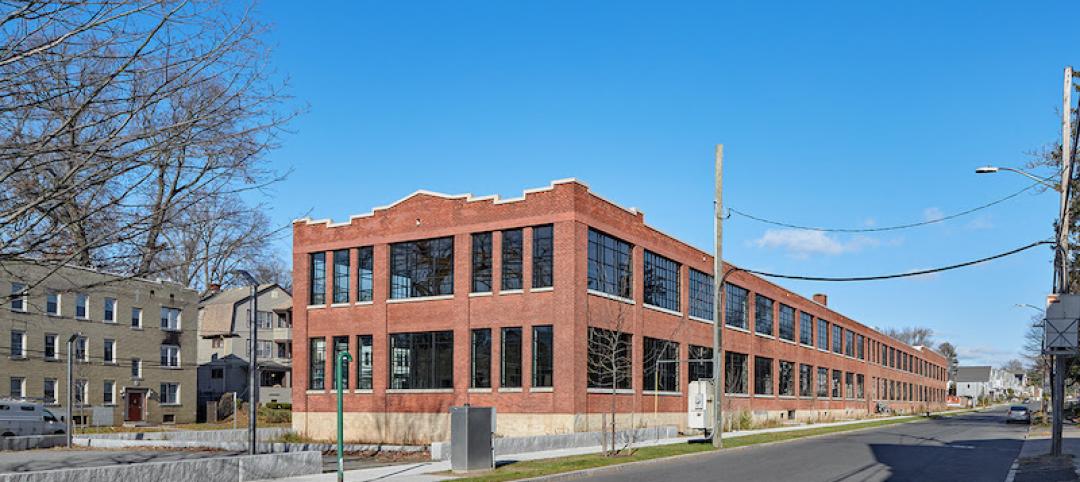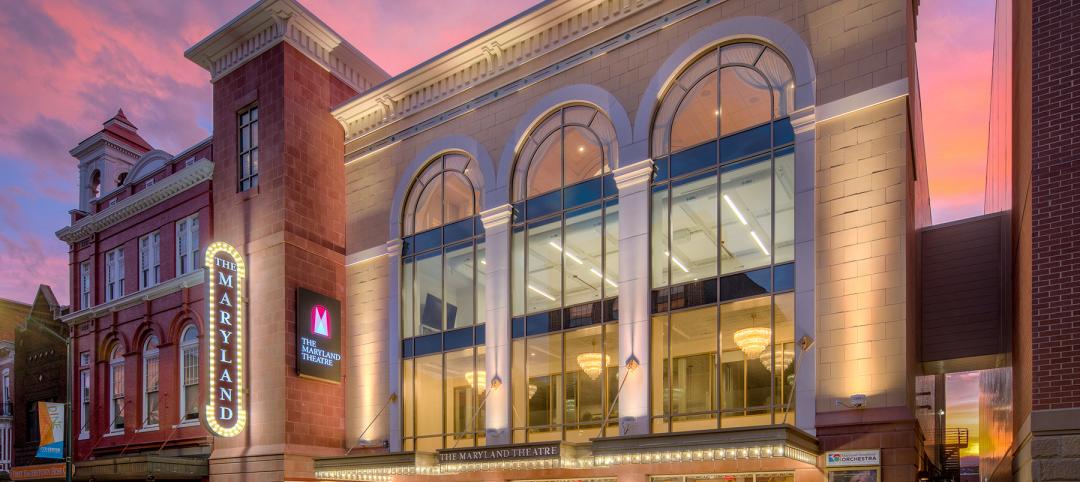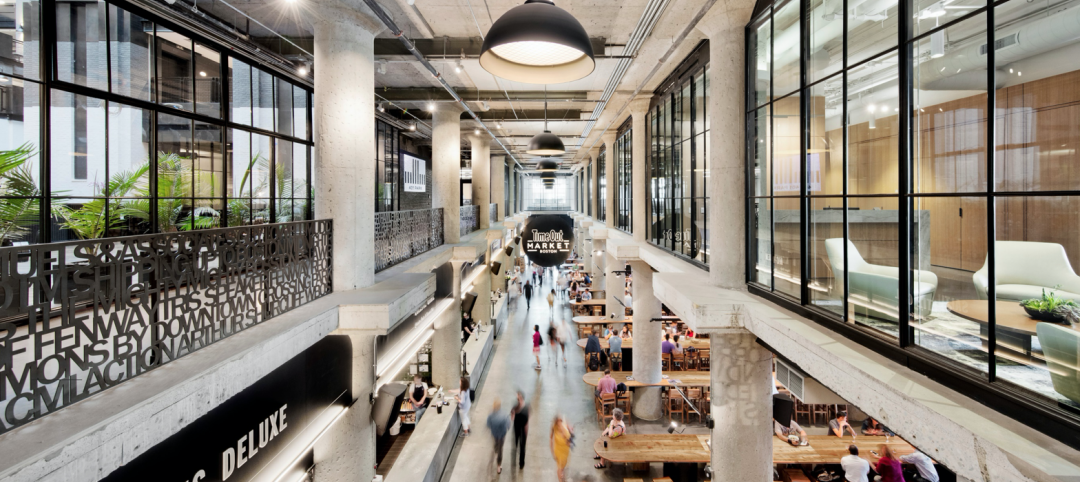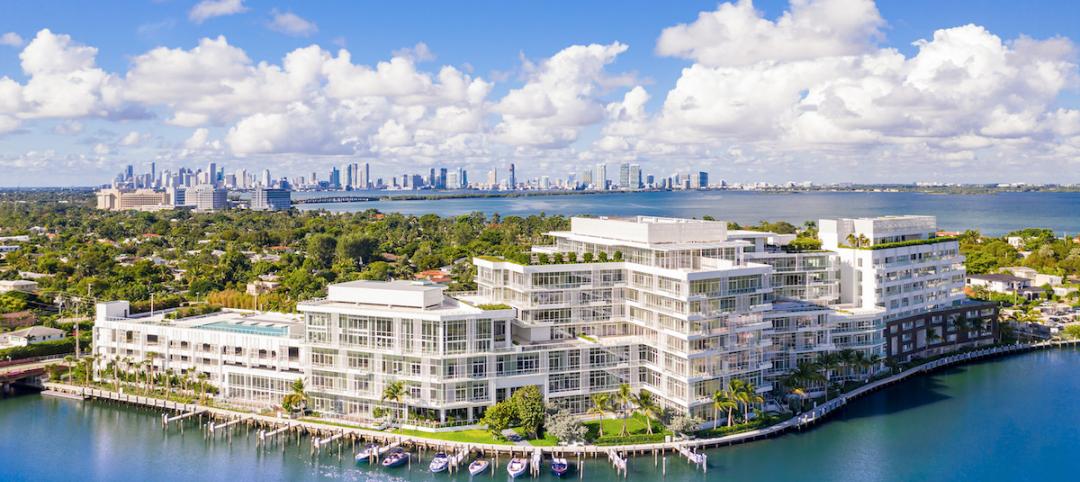The Brooklyn Rapid Transit Power Station, completed in 1903, was originally built to supply electricity to the local steam railroad, elevated railroad, and street car system. It consisted of two parts: the Turbine Hall and the Boiler House. About 50 years after its construction in the 1950s, the Power Station was decommissioned and the Boiler House component was demolished.
Since the time of its decommissioning, the Turbine Hall has sat abandoned with restricted access. In the early part of the new millennium, Brooklyn’s youth, drifters, and homeless dubbed the building the “Batcave,” and used its walls as a canvas for graffiti. In 2012, the Powerhouse Environmental Arts Foundation acquired the site in order to redevelop it into the Powerhouse Workshop.
After acquiring the property, the foundation tasked Herzog & de Meuron with redesigning the 113-year-old structure into a fabrication center to serve the working needs of artists. The existing Turbine Hall will be extensively renovated and the Boiler House, demolished in the 1950s, will be rebuilt. Fabrication shops dedicated to wood, metal, ceramics, textiles, and printmaking will all grace the renovated and rebuilt structure. Interior spaces will be flexible to allow for multiple workshop configurations depending on what is needed at a given time.
The main goal of Powerhouse is to support the working needs of artists and create a platform that provides employment in production and full-service fabrication, according to the projects website. In addition to the fabrication spaces, the Powerhouse will also hold public events and exhibitions.
Work on the project will begin in 2017 with the facility scheduled to open in 2020.
Related Stories
Reconstruction & Renovation | Oct 13, 2021
Restoration of Ramova Theater in Chicago’s Bridgeport Neighborhood begins
The building was originally built in 1929.
University Buildings | Jul 12, 2021
UCLA building completes renovations for enhanced seismic, energy, and curriculum requirements
CO Architects designed the project.
Reconstruction & Renovation | May 20, 2021
An Ohio-based sports-themed restaurant offers a less-raucous dining experience for families
Buffalo Wings & Rings initiates a chainwide rollout of a concept designed by NELSON Worldwide.
Reconstruction & Renovation | Apr 28, 2021
SOM completes Willis Tower Skydeck transformation
The renovation includes a new exhibition and a reimagined observation deck.
Adaptive Reuse | Apr 15, 2021
The Weekly Show, Apr 15, 2021: The ins and outs of adaptive reuse, and sensors for real-time construction monitoring
This week on The Weekly show, BD+C editors speak with AEC industry leaders from PBDW Architects and Wohlsen Construction about what makes adaptive reuse projects successful, and sensors for real-time monitoring of concrete construction.
Reconstruction & Renovation | Feb 18, 2021
Connecticut’s Swift Gold Leaf Factory becomes a community job incubator
Bruner/Cott Architects designed the project.
Hotel Facilities | Feb 16, 2021
Santa Monica Professional Building restored into a modern hotel
Howard Laks Architects designed the project.
Reconstruction Awards | Feb 5, 2021
The historic Maryland Theatre is reborn in Hagerstown
The Maryland Theatre project has won a Bronze Award in BD+C's 2020 Reconstruction Awards.
Reconstruction Awards | Jan 30, 2021
Repositioning of historic Sears Roebuck warehouse enlivens Boston’s Fenway neighborhood
Developer Samuels & Associates asked Elkus Manfredi Architects to reimagine the former Sears Roebuck & Co. warehouse in Boston’s Fenway neighborhood as a dynamic mixed-use destination that complements the high-energy Fenway neighborhood while honoring the building’s historical significance.
Multifamily Housing | Jan 20, 2021
Abandoned Miami hospital gets third life as waterfront condo development
The 1920s King Cole Hotel becomes the Ritz-Carlton Residences Miami in the largest residential adaptive reuse project in South Florida.


